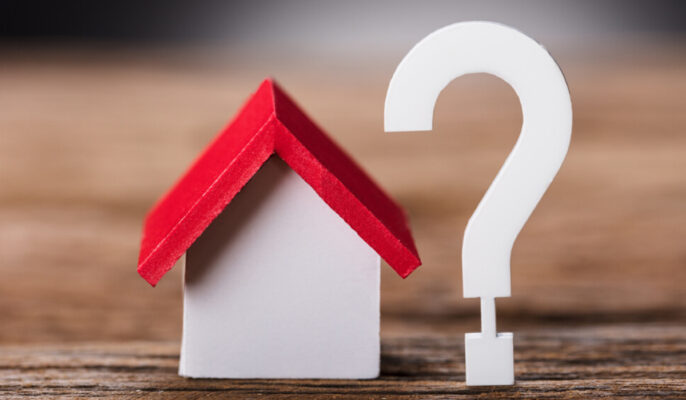Reasons To Buy a House
Nov 14, 2022 By Susan Kelly
It is essential to purchasing a house for the reasons that are best for you. You must ensure that you are prepared for the purchase and not simply decide to do so because you believe it is what you are "supposed to do" at this point in your life. When attempting to determine whether should you buy a house now or purchase a property, the following article will provide you with five reasons why you should not buy a home, as well as five reasons why buying a home could be a wise next step.
5 Reasons You Shouldn't Buy a Home
1. Pressure from Other People
You may feel pressured to purchase a house when you reach a particular age when you begin a family or get married. Members of your family and social circle may have expectations that it is time for you to purchase a house and "settle down." You must be prepared and in a secure enough financial position to purchase a property.
2. You Plan to Move
You may save money in the long run by renting a home rather than purchasing a new one every time you relocate if you know that you will be relocated due to your employment, your graduation from school, or some other major life event. The general guideline is to buy a house if you intend to remain in the region for at least five years after moving there. There are several difficulties involved with becoming a homeowner. If you were to lose your work, for instance, it could be difficult for you to evaluate wether should you buy a house right now.
3. You Qualify for a Mortgage
Even if you are approved for a mortgage, it does not always indicate that you are prepared to become a homeowner. Before you purchase a property, it is in your best interest to take care of any problems related to spending or debt. Before you purchase a house, it's smart to create a financial plan and stick to it. This will help you determine how much house you can afford.
4. Debt
You should avoid purchasing a property if you have significant outstanding debt. Large levels of debt may make it impossible for you to pay your mortgage, which can devastate your credit and overall financial health.

5. Home Repairs and Fixer-Uppers
You may save money on the necessary expenditures of house upkeep by delaying the purchase of a home, which is another incentive to do so. If purchasing a house puts a strain on your financial resources, to begin with, there is a good possibility that you will not be able to manage the expenditures of repairs and regular upkeep after you move in.
5 Reasons To Know When Should You Buy A House
1. You Sense That You're Ready
The purchase of a house is a significant life milestone. It's not only a matter of money; there are a lot of emotions involved in this choice as well. As a result, it is reasonable to feel anxious about making such a substantial purchase and taking on the resulting financial burden and the expense of ongoing maintenance.
2. Creating Ownership and Equity
The accumulation of equity is among the most rewarding aspects of becoming a homeowner. You are essentially investing the money you would have spent on rent each month toward purchasing your own house, which is a significant saving. If you decide to sell your house at some point in the future, you can recuperate part of this money, which you can put toward purchasing your next home or another significant item.
3. You Are Secure in Your Job
It is smart to purchase a house if you have a decent amount of financial security and are certain that you will continue working at your present job. If you have a consistent income, it will be easier to stay within your budget, make your mortgage payments, and develop equity in your home. It will also save you from squandering money on rent and other expenses.

4. Tax Break on Mortgage Interest
The bulk of your monthly payment will go toward paying the interest on your mortgage during the first few years of making payments on it. You are allowed to deduct a portion of your interest from your taxable income, which may assist you in lowering the total amount of tax you must pay each year.
5. Stability
Everyone reaches a moment when they want some degree of consistency and predictability. When you own your own house, you can choose where you live, which schools your children will attend, and which community you will be a part of.








